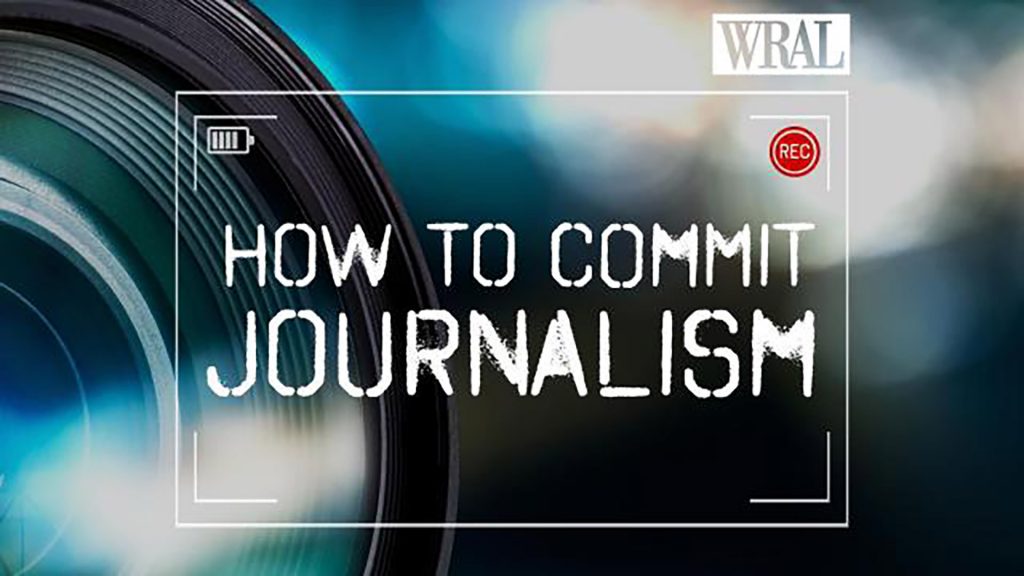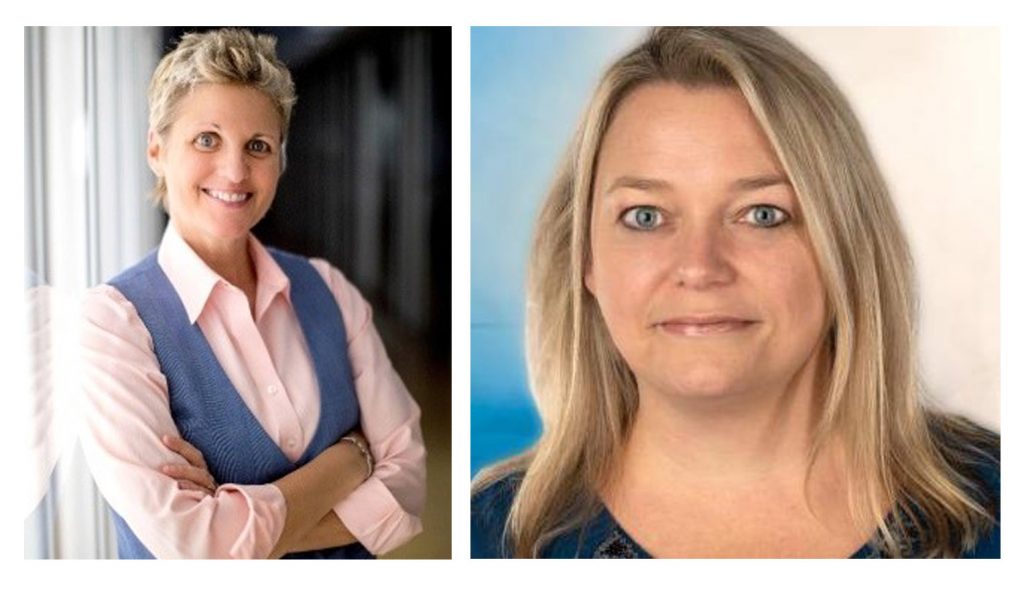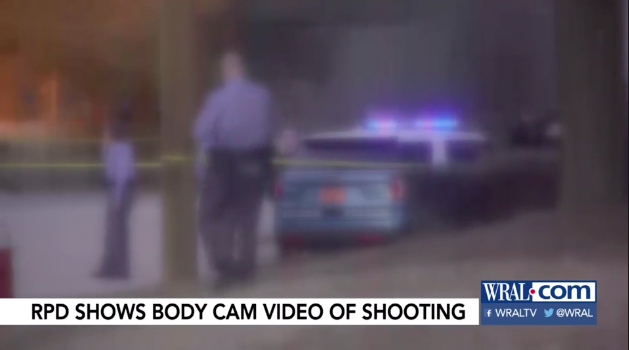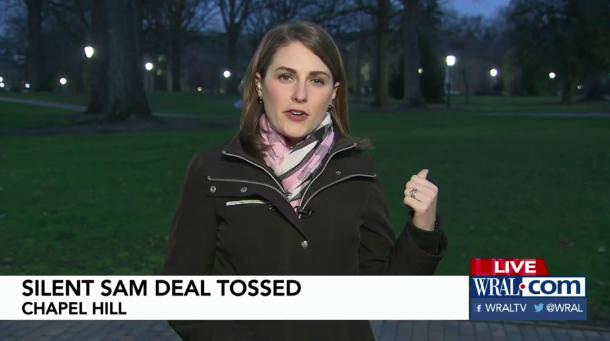
Like every other newsroom, WRAL-TV is grappling with the unique challenges of covering the coronavirus. But the Capitol Broadcasting station in Raleigh is also exploring those challenges publicly in the latest episode of a new podcast called How to Commit Journalism. The project is an exercise in what my colleague Frank Mungeam calls “showing your work” — and a calculated bid to reinforce WRAL’s historically strong brand at a time when journalism is under suspicion.
In the new coronavirus episode, the station’s assistant news director and its head of digital content explain the careful decision-making that informs their coverage day to day. “We had this idea of really pulling back the curtain in this age of mistrust around the media and how the media is being attacked on all sides,” says Shelly Leslie, Capitol’s GM of audience development, a 32-year station veteran who oversees the 23 podcasts in the company’s network. “We really wanted to be transparent and say, ‘Look, how do we cover the news? What kind of questions do we ask?’ What is the integrity of our newsrooms?’

All six episodes published since How to Commit Journalism debuted on January 31 “pull back the curtain” by interviewing the station’s journalists about how they do what they do — and the occasional dilemmas they face while doing it. The host is Ashley Talley, who created a true-crime podcast in her previous job as news director at WMBF in Myrtle Beach, SC. Talley arrived at WRAL in September in the newly-created and creatively-named position of Enterprise Executive Producer. “[I manage] things you’re not going to see on other stations,” she explains. In her podcast, she wants to show that “We aren’t just making up things and slapping them on [TV]. We’re being thoughtful, we’re being deliberate about our coverage choices. And most people don’t get that view of news.”

In the strong opening episode, Talley interviews veteran crime reporter Amanda Lamb about a controversial DWI stop that resulted in a complaint of improper touching against the officer who conducted the pat-down. Lamb explains why she convinced her bosses to hold the story for a day, despite having dramatic body-cam video of the incident. “The pressure to deliver the story that you’re working on is there in every newsroom in America,” Leslie says. “But [this episode is about] having the courage to stop and say, when necessary, ‘Look, wait, wait, wait. We shouldn’t put this video on the air just because we have it. We should stop and think about the ramifications and whose lives are going to be touched. What are the unintended consequences of doing that?”

The other episodes to date also explore the story behind the story, mixing background detail on news events with revelations about the process of bringing them to air. The podcast digs into an investigative piece on facial-recognition software used by the Raleigh Police Department; the emotionally charged lawsuits around taking down Confederate monuments; the work that goes into the station’s long-form documentaries; and the difficulties of political reporting in our partisan and polarized media environment, smartly laid out by state-house bureau chief Laura (no relation to Shelly) Leslie. “Letting Laura really enunciate her feelings, personally and professionally, about what it’s like to cover politics is exactly what we’re going for,” says Talley.

The executives say they hope to build loyalty among existing WRAL viewers and perhaps attract new ones who are more interested in podcasts than newscasts. “If it’s got the WRAL brand on it. we want people to inherently know and trust the kind of thoughtful journalism that’s gone into what they’re looking at, or listening to,” says Shelly Leslie.
The podcast does make a compelling case for the hard-working and experienced journalists at WRAL. That said, no one really expects the die-hard #fakenews crowd to listen to How to Commit Journalism and change its views of “mainstream media.” But Shelly Leslie also wants to differentiate local news and straightforward journalism from opinionated prime-time cable news fare. “I think local journalists are getting lumped in with cable news. And I think it’s a crime, what’s happening to the news and local news in particular, to get lumped in that way. And I think [the podcast is] a stake in the ground to say, ‘No, that’s not what is happening at WRAL-TV.’”
As for the latest installment: “The Challenges of Covering the Coronavirus” is the fastest-growing episode ever in Capitol’s entire podcast network.
Listen to an episode of How to Commit Journalism: